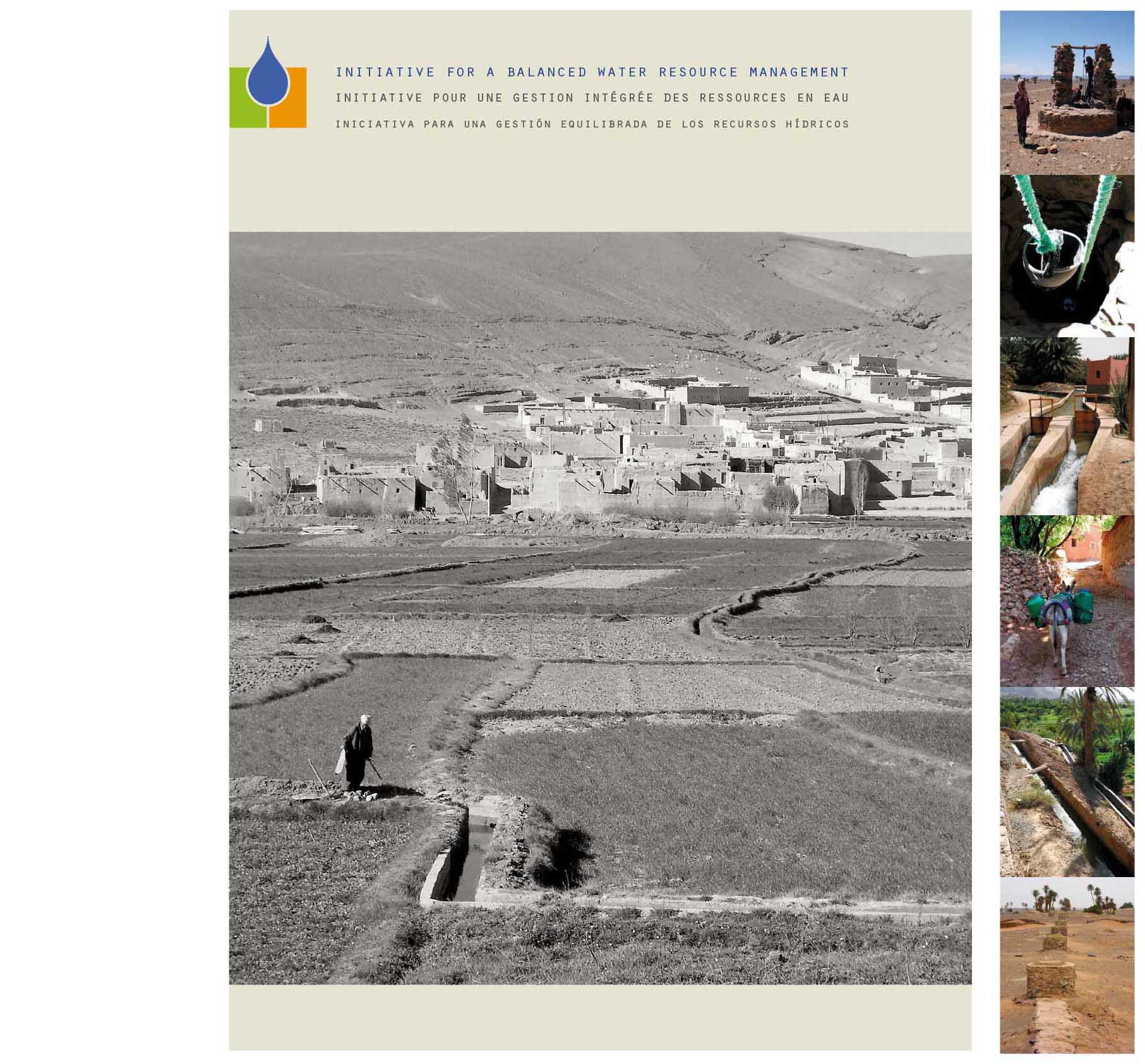water 4 future
Scientific decision support on the sustainable use of environmental resources in
dry mountain areas
Our project "water 4 future" aims to provide the scientific fundamentals for an ecologically compatible and sustainable use of environmental resources, such as water, soil, and vegetation, within dry rural mountain areas worldwide, by way of data-based decision-making support. In addition, our project encourages the civil society to partake in planning and decision-making processes, especially in countries of the Southern hemisphere.
The overexploitation of environmental resources and the effects of global climate change have led to serious environmental damage in many places, to social and economic crises, to pauperisation and migration. The rural population in dry mountain areas of developing and emerging nations is particularly at risk in this respect. The ecological resources of these populations are very limited locally and inhabitants are generally faced with a lack of reliable data for backing their decisions and for realistic planning.
Our association endeavours to support inhabitants of dry mountain areas in ensuring a sustainable use of their local resources, in safeguarding these resources in the long run, and in preserving the quality of their local habitats. To achieve this, we intend to develop a high-resolution, web-based decision support system (DSS) for local resource management, a tool that the civil society, NGOs, and local authorities will be able to use free of charge on a worldwide scale. The DSS is intended to enable users to assess the current and future availability of local water resources as well as the consequences of different water usage scenarios for the human development and for the natural environment on an ecological and economic level. The scientific foundations will be established through transdisciplinary, natural and social scientific research that will be carried out in three representative study areas in the Atlas Mountains of Morocco, a region that provides optimal working conditions in various respects.
Together with free, low-threshold access and interconnectedness through its user platform, the intended high-resolution DSS enables a completely new, local approach to decision-making support. It ensures an increased information flow and increased transparency of planning and decision-making processes, and encourages participation of a wider public in these processes, which is of crucial importance for the development in the Southern hemisphere. Our project will also contribute to achieving the UN Sustainable Development Goals (2030 Agenda) and the objectives of the Paris Agreement to Combat Climate Change.
